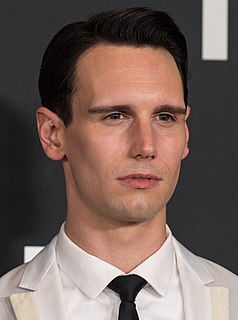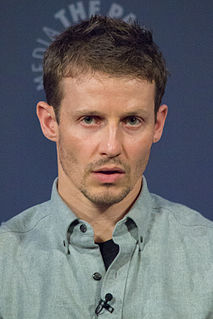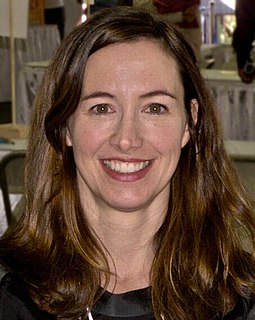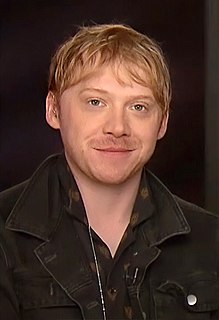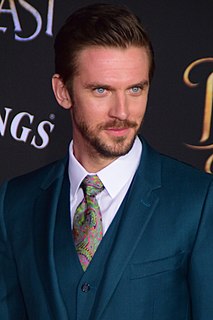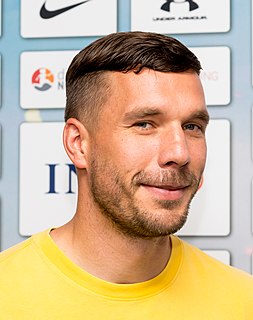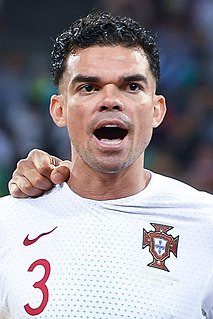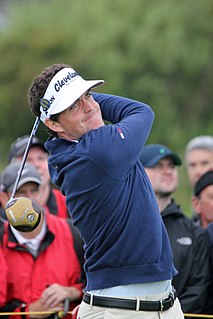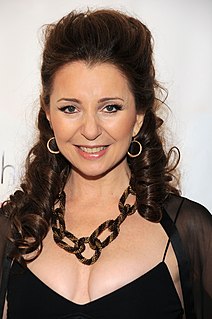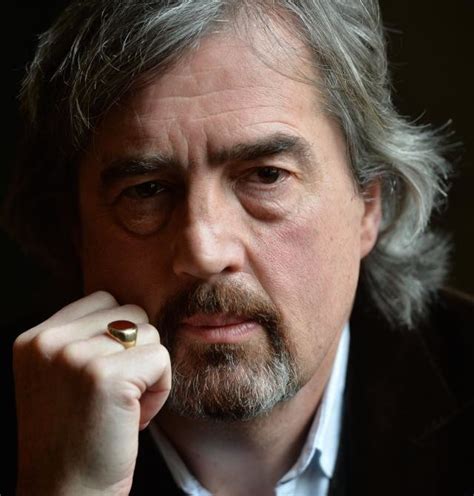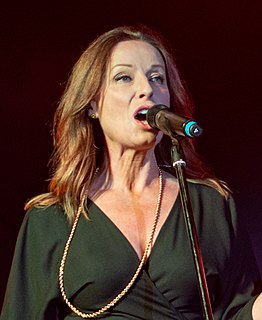A Quote by Judd Nelson
Breakfast Club was great because we had a real rehearsal, and we shot primarily in sequence.
Related Quotes
And when I say [M2 was] lo-fi production, it was so great and grimy. I was used to that world anyway, because we shot in bars, we shot in thrift shops, we shot on the street. And the bars, they would have just opened, and still there was barf on the floor and beer. We certainly kept it real. It was a small crew.
I remember Emilio [Estevez] and I were at John's house during the rehearsal process. And John [Huges] had mentioned he wrote the first draft of Breakfast Club in a weekend. And we both at the same time went, "First draft? How many do you have?" And John said he's got four other drafts. And we go, "Can we read them?" And for the next three hours, Emilio and I read those other four drafts.
He loved telling stories. He had been everywhere in the world. The northwest frontier, the landscape of the Hindu Kush, was one of the great landscapes of my childhood because he used to evoke it with his stories. He taught me the sequence of ranks in the British army when I was about eight. I was in the bed with him while he told me everything about his life - except, probably, the real things, because of course you couldn't go there.


